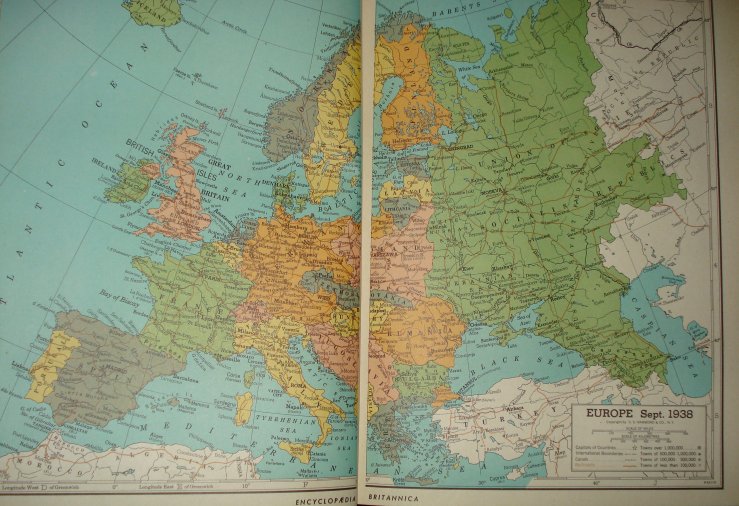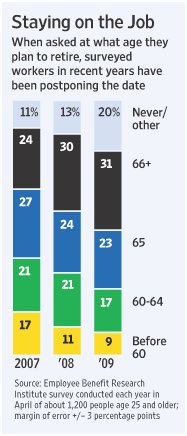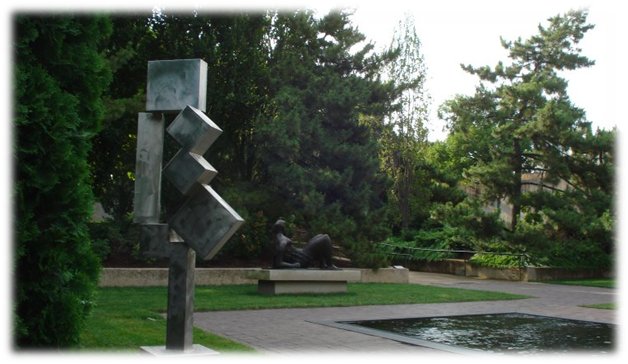I thought it was a joke, but it true. The State Department now has a bike lending program. You can borrow a bike at State and peddle to your meetings around town, at least until 4:45, when you have to bring it back. The bikes on offer seem a little lame, but I like the idea. I hope it catches on and I also hope that it provokes a bit of culture change at the Department and in the wider community.
I have been using my bike to get to work since my very first real job, when I rode clean across Milwaukee to get from the South Side to Mellowes’ Washer Co on Keefe Street. That means I have been commuting by bicycle since 1973 – around thirty-six years, so I know something about bike commuting. Overall, it has gotten better, at least in Washington. They have built some good bike trails and put some bike lanes on the road. I can ride the 17 +/- miles to work almost completely on bike trails or lightly traveled roads. (Of course, that required some planning. When we bought our house in 1997 we made sure we were near both a Metro Stop and a bike trail. The W&OD bike trail is a mile from our door.) But we still get no respect when we mix with traffic.
For example, part of my bike ride to work goes down a city street – Clarendon Boulevard – in Arlington. There is a nicely marked bike trail along the road, which is a one-way street most of the way I go. It is also mostly downhill on the way to work, which would make it a nice ride except for the cars. People treat the bike lane like a drop off zone. They pull in front of me and then abruptly stop and sometimes pass me and then make a right turn right in front of me into a side street or parking lot. Since they just passed me, I assume they should be able to see me, but they don’t seem to care. They know that I have few options. I don’t get as upset about this as I used to, but these clowns endanger my safety. I especially hate the people who talk on cell phones.
There really is no such thing as multi-tasking when driving. There is just driving poorly.
I have had a few close calls and one bona fide bike & bone crunching accident – in Norway where I got seriously hurt and had the pleasure of experiencing socialized medicine – but I really cannot complain when I consider how many miles I have logged. Most people apologize and lamely claim they didn’t see me. Sometimes they are aggressive and tell me that I should not be on the road. I would caution drivers that it is probably not a good idea to do this when the bike is at the side of your car, since we have metal pedals and can easily scratch the paint on the side of the car door with those pedals “by accident” w/o anybody noticing until later. That is what I used to do … in my younger days of course.
The daily practical problem with biking is lack of showers. I am lucky because Gold’s Gym is across the street & I keep clothes in the office to change into. Otherwise you cannot really ride if you work near other people. You will get sweaty even on a short ride, especially in a climate like ours in Washington. You also sometimes get rained on and spattered with dirt. State Department, like most other big organizations, talks a good game about bikes, but does not provide showers and changing areas.
I figure the State Department’s bike lending program is mostly a PR gesture, but it is good if it gets people thinking about riding bikes to work and appointments. The world has become friendlier to bike commuters. Thirty years ago, almost everybody thought I was crazy; today only about half think so.











